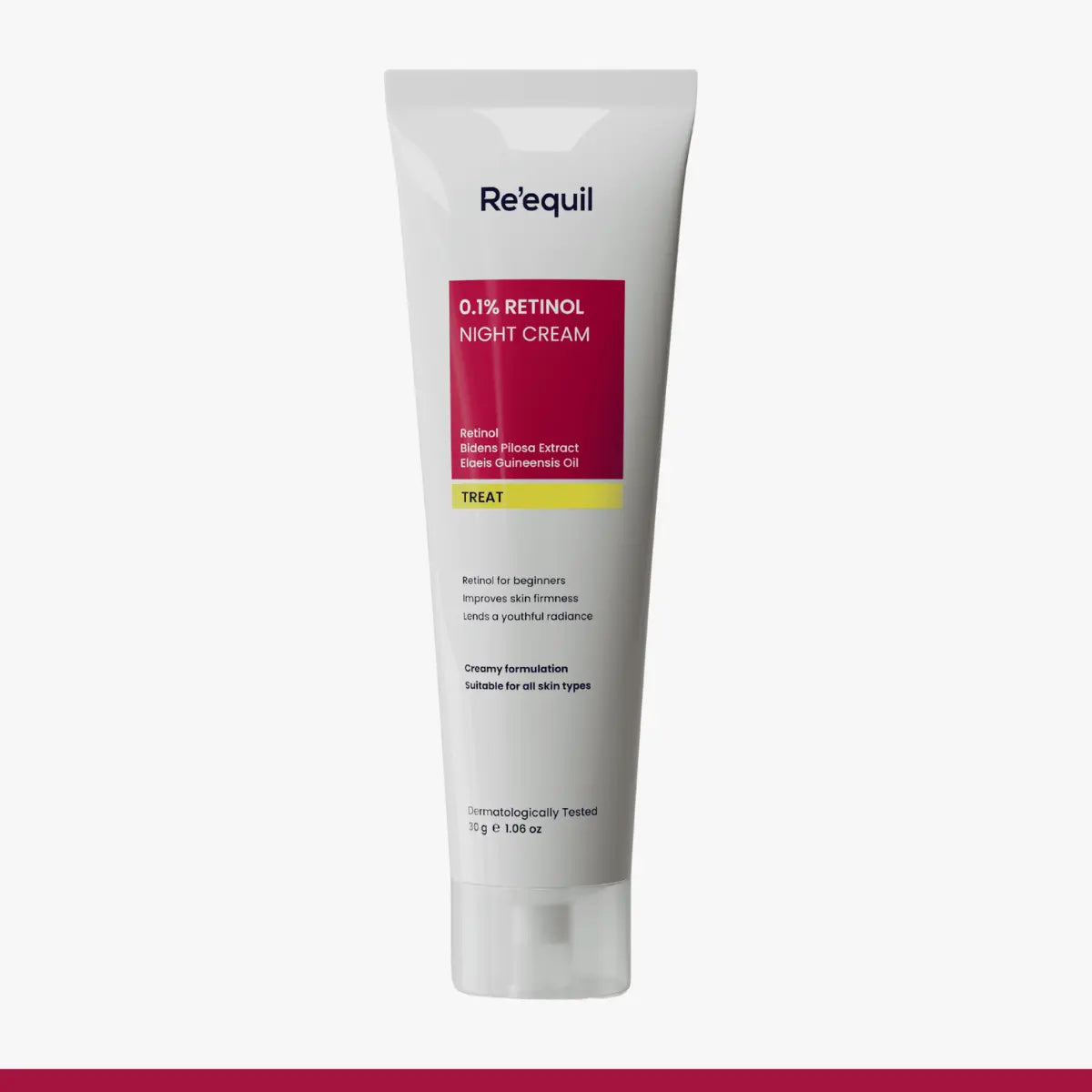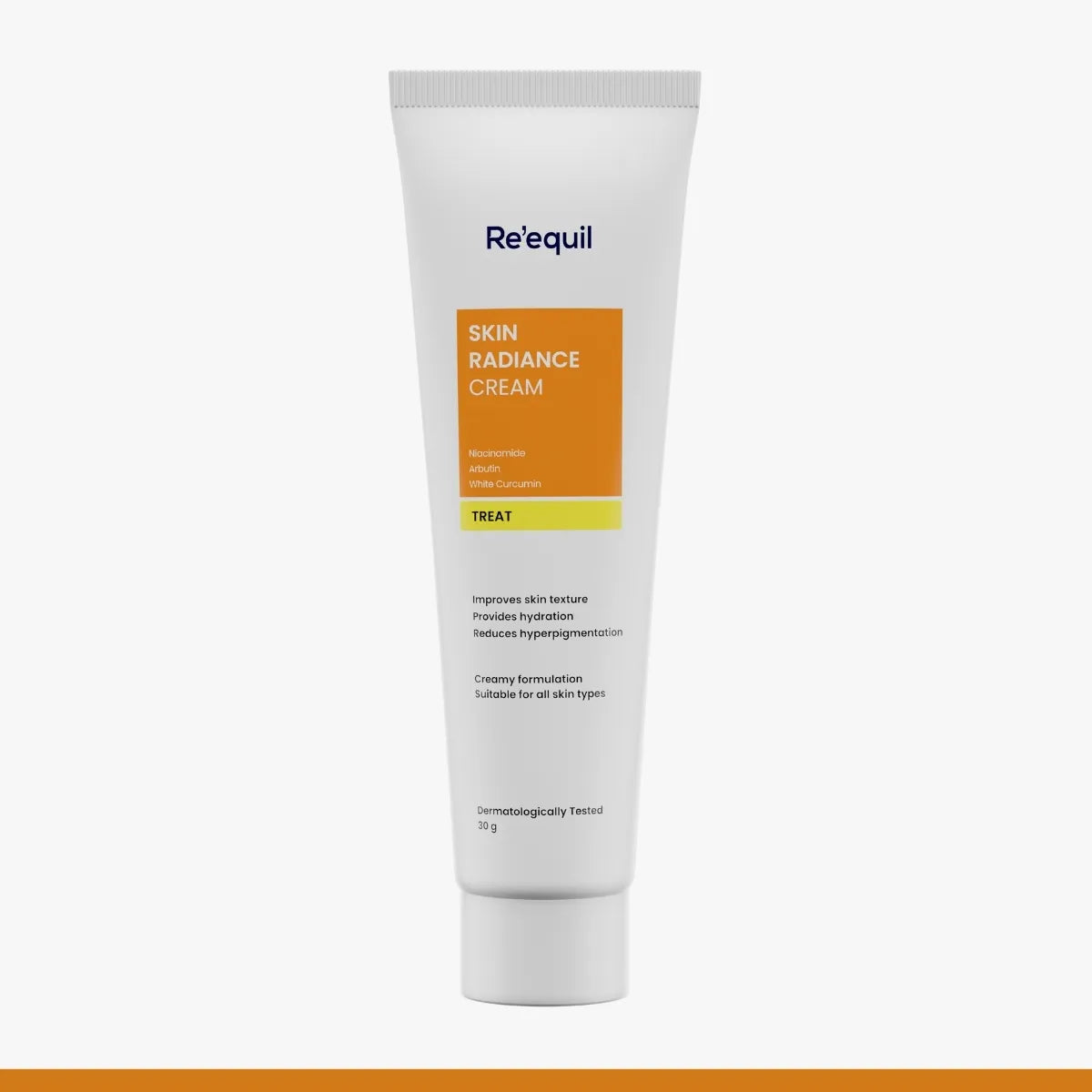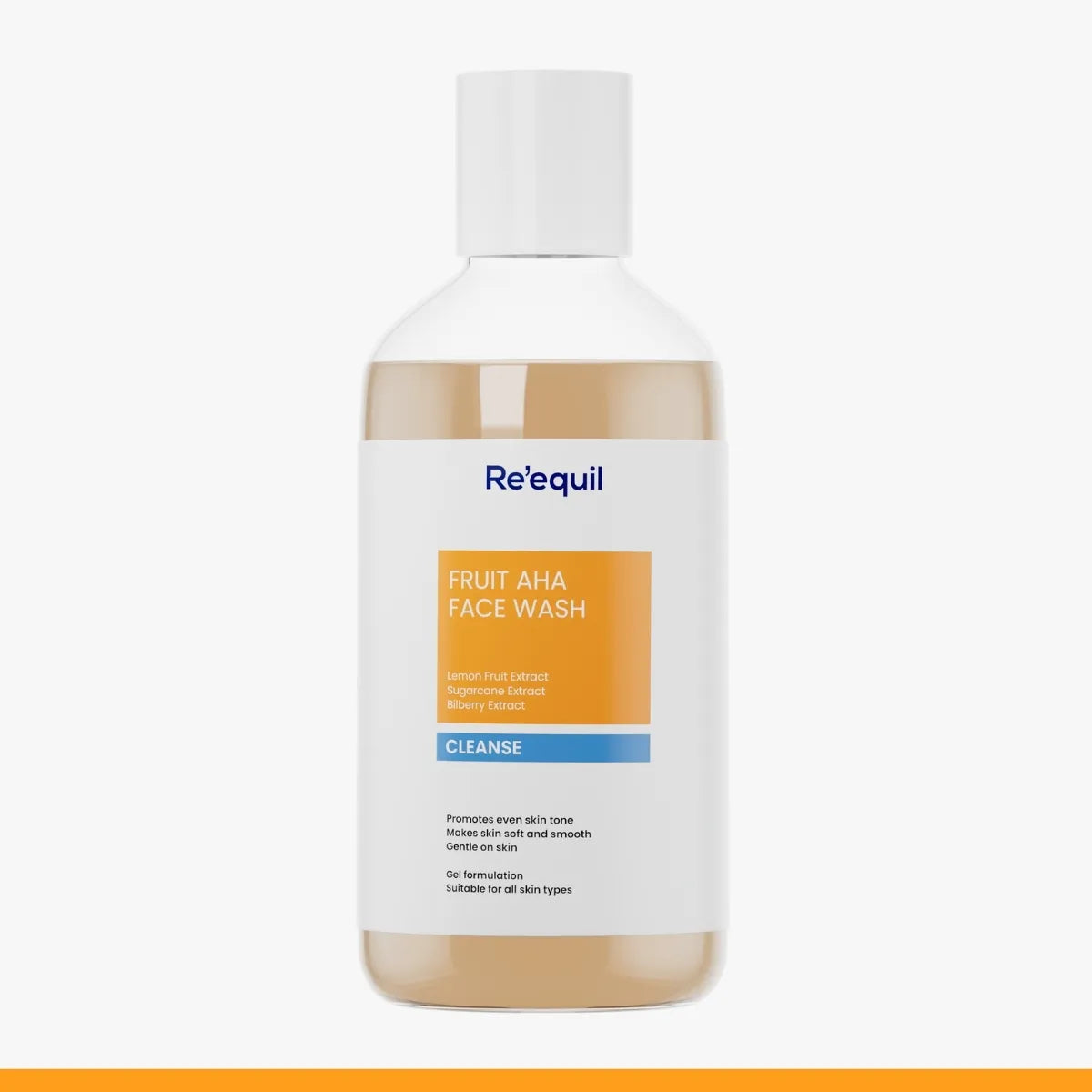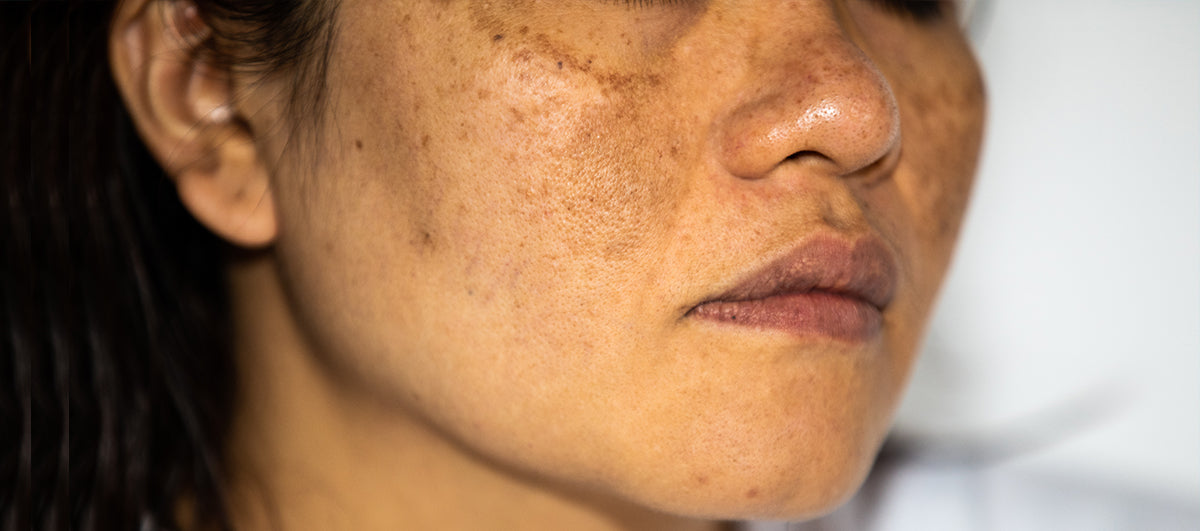Dealing with pigmentation can be irksome, especially if you pay meticulous attention to your skin and want it to appear flawless at all times. We understand that it can be hectic. Various studies show that pigmentation not only affects your appearance but also causes emotional and social stress. However, if you are on the lookout for ways to deal with it, then you would have certainly come across a popular term known as ‘laser treatments’. Undoubtedly, it is an intriguing procedure, especially when it promises to show results faster than other remedies. That is why you should get an insight into this procedure to determine if it is something you are ready to invest in. We realize it can be daunting and confusing. But worry not as we have assembled just the information to make things easier for you.
What is pigmentation?
Pigmentation is also known as brown spots or hyperpigmentation. It is a complex and wide-ranging skin condition that causes certain areas of your skin to turn darker. It can be caused due to various factors like hormones, sun damage, genetics, medications, etc. There are various kinds of pigmentation like freckles, post,-inflammatory hyperpigmentation, solar lentigines, etc. However, melasma is the most common type of pigmentation. The best to determine the type of pigmentation you are dealing with is by consulting a doctor.
How does laser treatment help?

A study conducted by the Journal Cutaneous and Aesthetic Surgery explains that laser treatments are focused beams that have a specific target or pigment. They break up and eliminate the pigment particles from your skin. Different types of lasers target either melanin or water to perforate in your skin. The laser heats up the target and destroys it. This leads to your pigmentation eventually flaking and falling off after the treatment.
Needless to say, lasers are one of the most expensive treatments to curb pigmentation. Various skin specialists explain there are certain conditions where laser treatment is known to be incredibly effective.
Important factors to keep in mind:
- Efficacy of laser treatment
- Effect on the skin texture
- Side effects
1. Efficacy of laser treatment
It is only wise to acknowledge that treating different types of pigmentation, in the same way, is certainly a wrong approach. There are various causes and conditions involving pigmentation that should be treated differently. Laser treatments are not always the most effective at eliminating pigmentation. That is why; you should always consult an experienced skin care specialist before investing in it.
2. Effect on the skin texture
Various studies explain that treating brown spots in darker skin with the help of laser treatment is comparatively more complicated. Darker skin types have a higher amount of melanin present in the background of the skin. It tends to get in the way of the actual spot targets. That being the case, it is pivotal to consult an experienced board-certified dermatologist who is comfortable treating darker skin types. What’s more, usually laser treatments to cure pigmentation in darker skin tones tend to require more sessions. However, they are more conservative and gentle to reduce any risk of complications during the procedure.
3. Side effects
There are various risks associated with a laser treatment that you may come across post-therapy. Some of them are -
- Acne - Applying a thick cream on your face or covering your face with bandages, etc., post-treatment may lead to the development of acne. It can also cause temporary tiny white bumps known as milia. Along with that, laser treatment poses a slight risk of permanent scarring.
- Change in skin colour - Many studies explain that various laser treatments can cause treated skin to appear darker or lighter in texture than it was before. Permanent skin changes are especially common in people who have dark skin.
- Inflamed skin- Your skin can turn itchy, swollen, or red after the treatment. Several skin specialists explain that redness may also be intense and have a chance to last for several months.

We hope that this assembled piece of information has helped you to understand the benefits and causes of laser treatment in depth. It certainly can be a good treatment with fruitful results if you take all precautions and consult a good dermatologist. Aftercare of post-treatment is yet another essential step to achieve spotless and glowing skin. It includes using good skincare products like a non-comedogenic facial cleanser and following all the necessary steps provided by your skin specialist. Neglect in aftercare can cause adverse effects on your skin, which is why you should follow it religiously.
P.S.
Topical formulations are a new breakthrough in the skincare industry to get rid of pigmentation. Certain plant-derived ingredients like AHA (Alpha hydroxy acids) have been found effective to clear the facial discolourations while brightening your skin. One of the best, effective, and pocket friendly methods is following a skincare regimen consisting of AHA to target your skin concern with few easy steps. A specific skincare routine based on your skin type and concern will certainly show tremendous results. Aside from that, always wearing a non-comedogenic sunscreen during daytime is yet another effective way to cure pigmentation.





